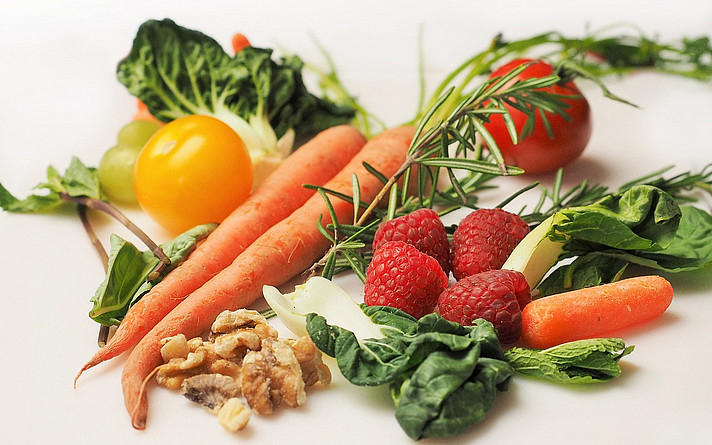At the Department of Business and Tourism at Salzburg University of Applied Sciences, the topic of sustainability is at the heart of teaching and research. A beacon in this area is the CEFoodCycle research project, funded by Interreg Alpine Space. It was recently presented in the Standard in the article “This is how edible food can be saved from the garbage can”.

At the Department of Business and Tourism at Salzburg University of Applied Sciences, the topic of sustainability is at the heart of teaching and research. A beacon in this area is the CEFoodCycle research project, funded by Interreg Alpine Space. It was recently presented in the Newspaper Standard in the article “This is how edible food can be saved from the garbage can”.
The project deals with one of the most pressing challenges of our time: food waste. The aim is to save edible food from being thrown away through innovative approaches and cooperation along the entire value chain.
CEFoodCycle: a holistic approach to food waste
CEFoodCycle takes a comprehensive approach to minimizing food waste. The five Circular Food Hubs currently being set up are a central component of this approach:
- a joint hub between Bavaria and Salzburg,
- a hub in Slovenia,
- one in France,
- and two in Italy.
At these hubs, further training is offered, information materials such as brochures and newsletters are distributed and showcase projects are honored with the CE Food Award. The measures are aimed at those directly or indirectly involved in food cycles, such as producers, retailers, hotels and energy providers.
Circular economy as the key
“As food waste continues to be a major problem, it is necessary to provide the relevant stakeholders with comprehensive information,” emphasizes Eva Lienbacher, head of the CEFoodCycle project. By applying circular economy principles along the entire food flow - from production and use to disposal - waste is to be avoided, resources reused and cycles closed.
Particular attention is also paid to reducing the environmental impact. For example, potential resource savings are identified for product categories such as fruit and vegetables, meat and dairy products. Life cycle assessments (LCA) are used to analyze the entire life cycle in order to reduce CO₂ emissions and food losses along the value chain.
The Circular Food Hubs are a forward-looking model that brings actors together and offers tangible solutions to make the food industry more sustainable. The project shows that measurable success can be achieved through cooperation and knowledge transfer.
To find out more about the topic and the project, you can subscribe to the newsletter here: https://t4761195e.emailsys1a.net/271/38/a3e4a7b13c/subscribe/form.html?_g=1721220765
